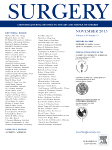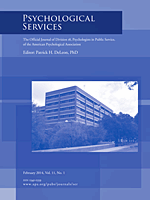 PLOS Biology has retracted a paper about the molecular details of β-catenin expression following an investigation by the first author’s institution in Italy.
PLOS Biology has retracted a paper about the molecular details of β-catenin expression following an investigation by the first author’s institution in Italy.
The investigation, by the Istituto Nazionale per la Ricerca sul Cancro, found that there were multiple “figure anomalies.” According to the note:
An explanation of inadvertent error was given for some of the issues identified, while for two issues, a satisfactory explanation could not be provided.
First author Roberto Gherzi says none of his co-authors helped prepare the figures. The authors maintain that the conclusions are unaffected, but that assurance wasn’t enough for the journal. Here’s more from the lengthy retraction note, which provides some backstory on the “serious concerns” regarding the data:
Continue reading Mol bio paper pulled by PLOS following investigation into figures

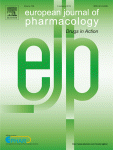 When two papers include the same images of rat hearts, one of those papers gets retracted.
When two papers include the same images of rat hearts, one of those papers gets retracted.


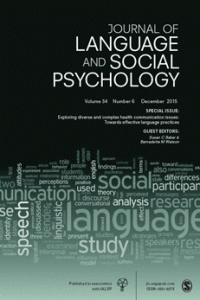
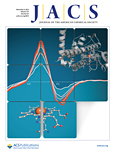 The authors of a paper on a mechanism for potential cancer therapies are retracting it after realizing they published some proprietary findings “without permission and agreement from St. Jude Children’s Research Hospital.”
The authors of a paper on a mechanism for potential cancer therapies are retracting it after realizing they published some proprietary findings “without permission and agreement from St. Jude Children’s Research Hospital.”
